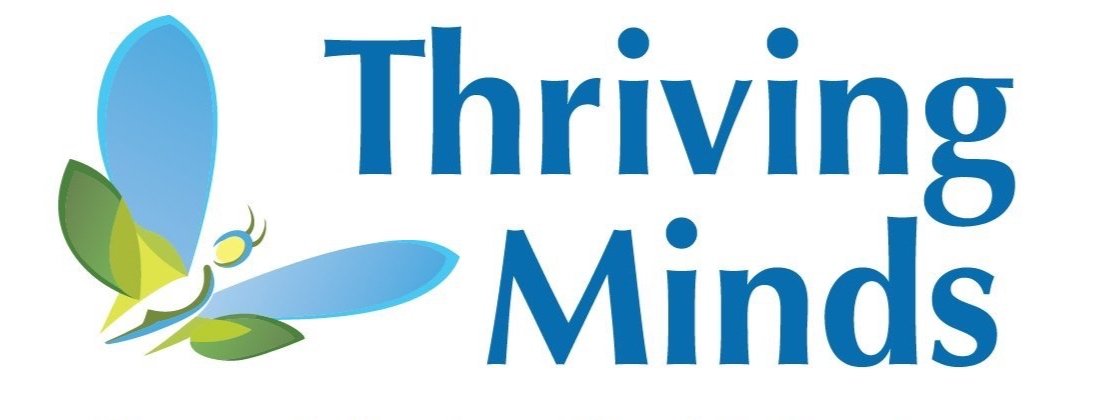Reaching the Finish Line: How to Know When Therapy Has Achieved Its Goals
One of the most common questions parents ask is, “How will I know when my child no longer needs therapy?” It’s a great question, and the answer lies in understanding that therapy is not meant to last forever. Instead, it is a focused process with clear goals and milestones to guide progress. Here’s what to know about when it might be time to celebrate your child’s growth and consider stepping back from regular sessions.
Therapy Has a Purpose—and an Endpoint
Research shows that effective therapy for children is often short-term and goal oriented. Therapy is not designed to be a lifelong weekly commitment but rather a targeted intervention to address specific concerns. Our ultimate goal is for families to no longer need us!
Goal Setting: The Roadmap to Progress
Therapy begins with setting specific and measurable goals. These goals should reflect the challenges your child is experiencing and the skills they need to learn to overcome them. Regular check-ins with your therapist help ensure progress is on track and goals are adjusted if needed. If you’re not sure what your child’s therapy goals are, don’t hesitate to ask! Open communication is crucial.
Signs That It Might Be Time to Step Back from Therapy
While every child is unique, there are some general guidelines that suggest therapy may no longer be necessary:
1. Improved Symptoms: The issues that brought your child to therapy, such as anxiety, behavior challenges, or mood concerns, have significantly improved.
2. Skills Mastery: Your child has learned and is using coping strategies and skills taught in therapy, like managing emotions, solving problems, or handling conflict.
3. Parental Confidence: You, as parents, feel more knowledgeable and capable in supporting your child’s needs at home and school.
4. Consistency in Progress: Improvements are sustained over time and across different settings, such as home, school, and social environments.
The Role of Data and Progress Tracking
Effective therapy includes tracking progress over time. Therapists may use tools like symptom checklists, parent/teacher feedback, or even self-reports from your child to measure growth. This data is invaluable for determining when your child has met their goals.
If you’re unsure about progress, ask your therapist about the data collected or about reevaluating current goals.
It’s Okay to Check Back In
Stepping away from therapy doesn’t mean saying goodbye forever. Life is full of changes, and it’s perfectly normal to seek additional support in the future, whether for a new challenge or a periodic check-in. Therapy is a resource you can return to as needed.
Encourage Open Dialogue
The best outcomes happen when families work as a team with their therapist. Keep the conversation open about your goals, progress, and readiness to transition out of therapy. Your therapist is there to support and guide you through this process.
At Thriving Minds, we are here to empower families with the tools they need to thrive in everyday life. If you have questions about your child’s therapy goals or progress, please reach out to us. Together, we can determine the best path forward for your family.

